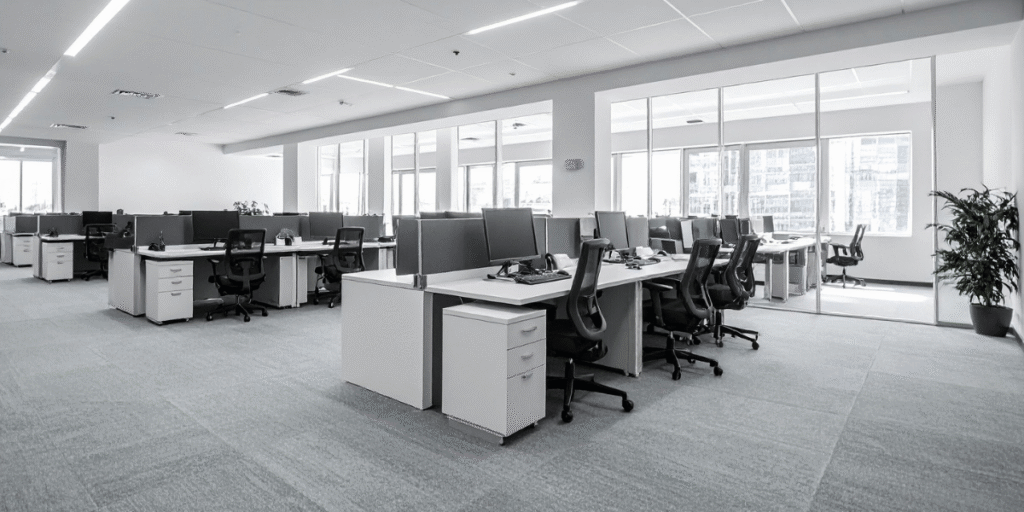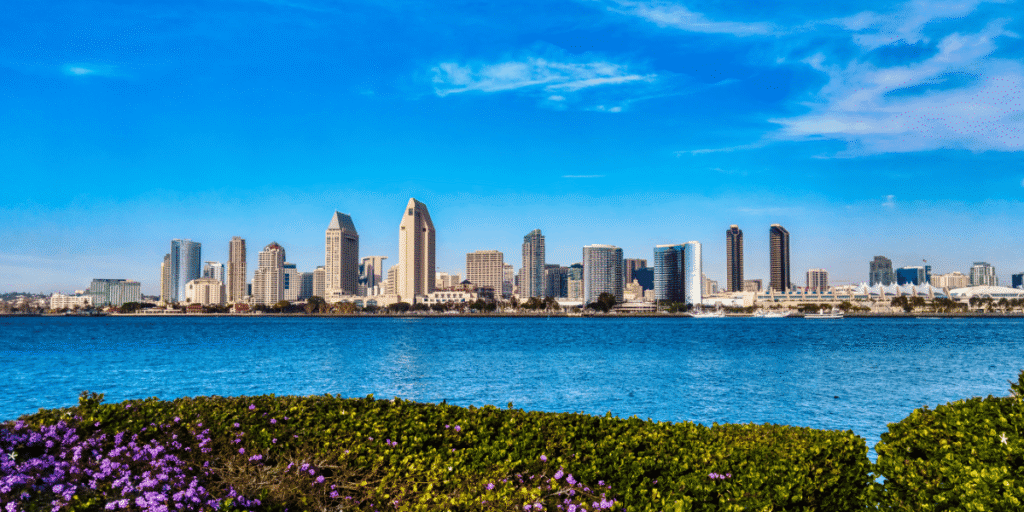Record Office Demand in San Francisco Reaches New Highs

San Francisco’s office market is witnessing an unprecedented surge in tenant activity — and this time, it’s the artificial intelligence sector leading the charge.
According to CBRE, tenant requirements in the third quarter reached 7.9 million square feet, marking an all-time high and signaling a strong rebound for the city’s office sector. To put that into perspective, it’s enough space to fill Salesforce Tower nearly six times. Net new demand — a measure of genuine expansion — hit 2.6 million square feet, aligning with pre-pandemic averages and underscoring renewed confidence in San Francisco’s commercial real estate landscape.
While citywide office vacancy remains at 34%, premium properties are seeing much tighter conditions, with prime assets at 20% vacancy and top-tier buildings below 7%. This uneven recovery reflects how AI and tech companies are zeroing in on move-in-ready, high-quality spaces — often well before their current leases expire.
Roughly 60% of new demand is coming from technology firms, and nearly half of those are AI startups. Fueled by rapid fundraising and hiring, these companies are racing to secure space that can support their growth. CBRE’s Colin Yasukochi noted that many firms want new offices within weeks, emphasizing the urgency behind this leasing wave.
That demand is translating into deals. Kikoff, an AI-powered fintech startup, leased 55,500 square feet at 633 Folsom Street, nearly quadrupling its footprint to accommodate a team that’s expected to reach 350 employees. For the fourth consecutive quarter, more office space was leased than vacated — marking another period of positive net absorption.
The momentum has also attracted investors back to the city. In one of the largest recent transactions, Redco acquired Wells Fargo’s former headquarters at 420 Montgomery Street for $55 million, a fraction of its pre-pandemic valuation, with plans to reposition the asset as a tech hub.
Yasukochi describes this surge as reminiscent of past tech booms — but with stronger fundamentals. Unlike the dot-com era, today’s growth is backed by mature infrastructure such as cloud computing, data centers, and advanced AI systems, allowing companies to scale rapidly.
As San Francisco continues to post record tenant activity and declining sublease inventory, the message is clear: innovation is once again reshaping the city’s skyline — and this time, AI is at the center of it.




